The world of artificial intelligence is moving faster than ever, and mid-September 2025 has been a landmark month for breakthroughs and bold announcements. From Samsung’s global gathering of AI leaders to regulatory inquiries, billion-dollar deals, and groundbreaking research, the momentum of innovation is reshaping industries at every level.
In this article, we’ll explore the biggest AI events of September 2025, from Samsung’s vision to Microsoft’s restructuring with OpenAI, quantum computing leaps, Oracle’s infrastructure boom, and beyond.
Samsung AI Forum 2025: Global AI Research Convergence
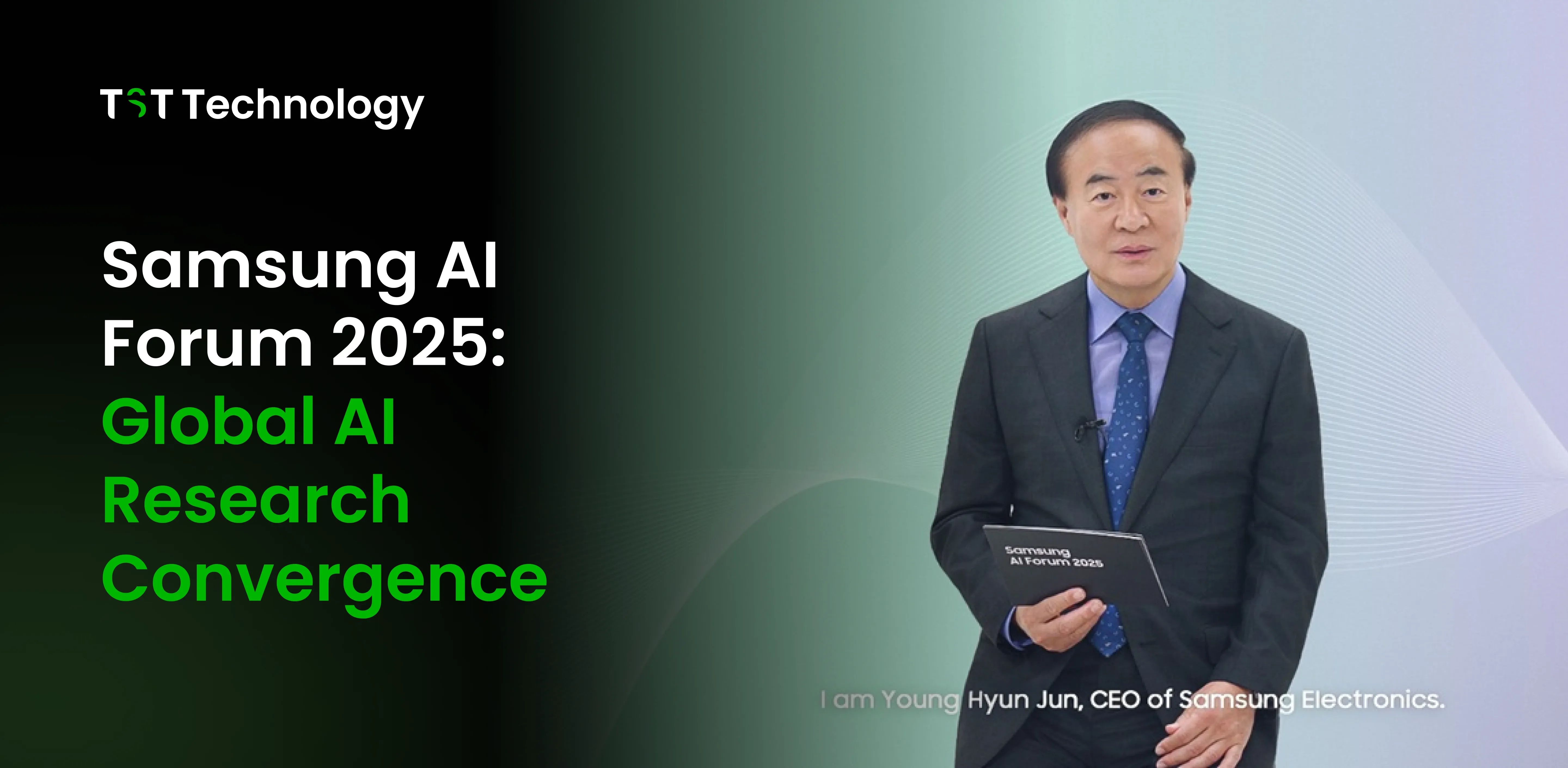
Samsung opened its ninth annual Samsung AI Forum on September 15-16, 2025, bringing together leading global AI scholars and industry experts to share breakthrough research and explore future AI directions. Young Hyun Jun, Vice Chairman and CEO of Samsung Electronics, emphasized how Samsung is applying AI across operations to develop foundational technologies that make AI more intuitive and seamless.
The forum hosted talks from top AI experts, including Yoshua Bengio, a University of Montreal professor known as a leader in deep learning, and Stefano Ermon, a Stanford professor and Co-founder of Inception, who helped create diffusion-based language models (DLM). The opening day centered on "Vertical AI Strategies and the Future of the Semiconductor Industry," showing Samsung’s focus on growing AI-driven semiconductor technologies near its Yongin, Korea facility. The event reflected the industry’s ongoing move toward deeper AI use across many fields.
FTC Launches AI Chatbot Child Safety Inquiry
The Federal Trade Commission launched a comprehensive inquiry into AI chatbots and their impact on children and teenagers. The agency issued orders to seven major companies: Alphabet, Meta, Snap, OpenAI, xAI, Character.AI, and Instagram, seeking detailed information about safety measures, parental controls, and potential harms.
The inquiry examines how companies evaluate chatbot safety when acting as companions, limit negative effects on minors, and inform users and parents about risks. The investigation follows recent lawsuits alleging dangerous interactions between chatbots and children, including cases where families claim teenage suicides were linked to chatbot conversations. Companies are required to provide information about monetization strategies, character development processes, testing for negative impacts, age restrictions enforcement, and personal information handling.
FTC Chairman Andrew Ferguson emphasized the importance of understanding AI's effects on children while ensuring the United States maintains leadership in the innovative industry. Several companies have begun adjusting chatbot responses for minors, limiting discussions on sensitive topics like self-harm and implementing parental oversight tools.
Microsoft-OpenAI Partnership Restructured: New Era of AI Collaboration
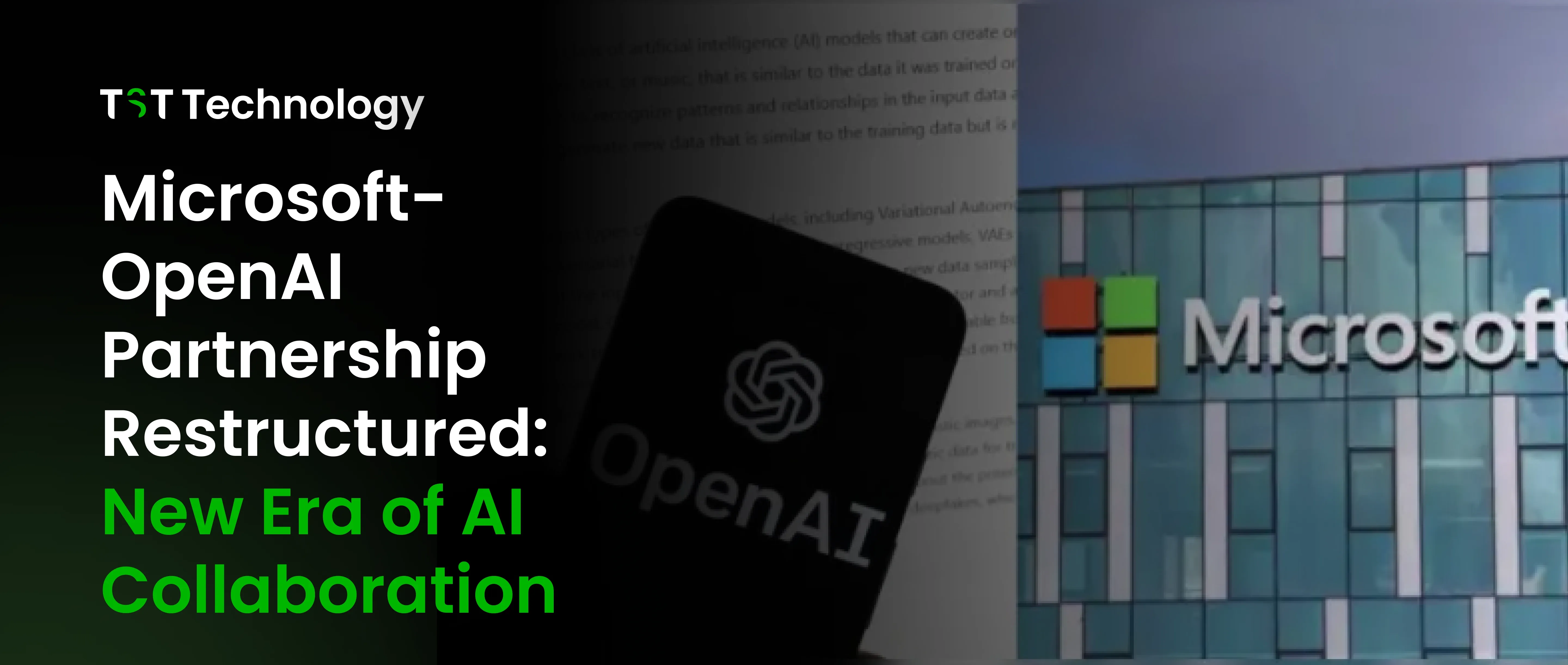
Microsoft and OpenAI signed a groundbreaking non-binding memorandum of understanding that fundamentally reshapes their partnership and allows OpenAI to restructure into a for-profit company. This agreement resolves months of tension between the two companies while preserving Microsoft's technology access even after OpenAI reaches artificial general intelligence (AGI).
The restructuring transforms OpenAI from a nonprofit into a public benefit corporation while maintaining the nonprofit's control through a substantial equity stake valued at over $100 billion. Microsoft has invested more than $13 billion in OpenAI since 2019, initially securing exclusive rights to resell OpenAI's tools through Azure and preferred access to its technology.
This resolution follows escalating tensions over cloud exclusivity requirements and disagreements about AGI thresholds, with OpenAI's internal documents revealing a $100 billion profit threshold for AGI declaration. The agreement paves the way for OpenAI to work with other tech giants like Oracle and Google while preparing for potential public offerings and conventional corporate governance structures.
Quantum Computing Breakthroughs: Multiple Advances
September 2025 witnessed several significant quantum computing breakthroughs. Japanese scientists achieved a major advancement by finally cracking the W state of quantum entanglement, unlocking new possibilities for quantum teleportation and advanced quantum technologies. This decades-old problem's solution opens paths to more sophisticated quantum computing applications.
Google's quantum computer created an exotic state of matter using a 58-qubit system, achieving a long-theorized but never-before-seen quantum phase: a Floquet topologically ordered state. Physicists harnessed rhythmic driving in quantum systems to image particle edge motions and observe exotic particle transformations in real time. Additionally, Oxford University researchers successfully linked two independent quantum processors using a photonic network interface, effectively merging them into a single, fully connected quantum computer.
This breakthrough addresses quantum computing's major scalability challenge by distributing computational workloads across multiple smaller quantum modules connected via optical fibers. The team demonstrated practical applications by successfully executing Grover's search algorithm across the distributed system.
Oracle's AI Infrastructure Boom: $300 Billion OpenAI Deal
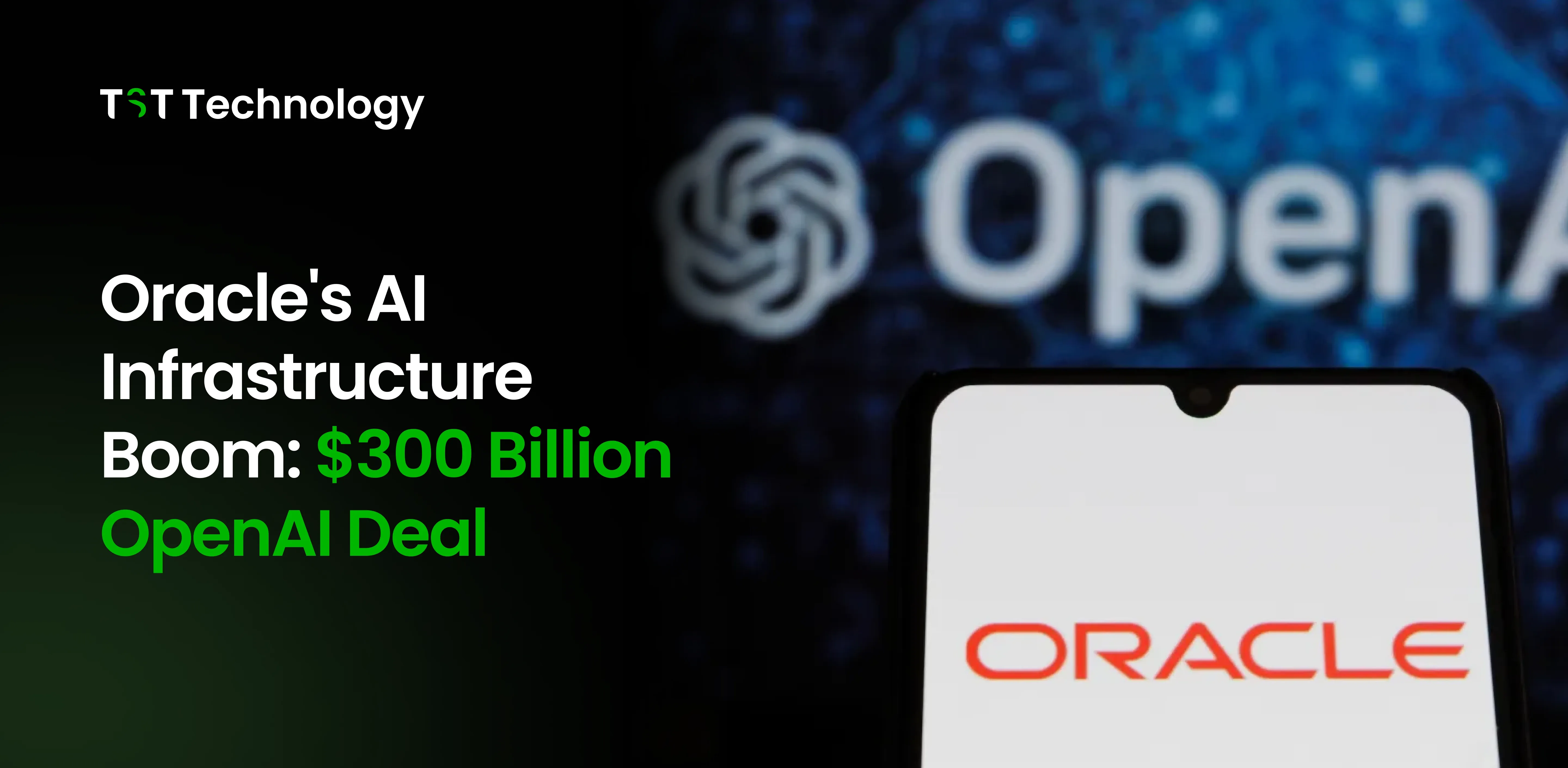
Oracle emerged as a surprise winner in the AI infrastructure race, with its stock soaring 36% on September 11, 2025, following announcements of massive cloud computing contracts. The software company, traditionally known for database services, revealed $455 billion in contracted revenue over the next few years, a fourfold increase from the previous year, primarily driven by a $300 billion, five-year agreement with OpenAI.
Oracle projects its cloud infrastructure revenue will skyrocket from $10 billion last fiscal year to $144 billion by 2030. The company's CEO, Safra Catz, indicated that cloud infrastructure revenue is expected to grow 77% to $18 billion by the end of May 2026. Oracle co-founder Larry Ellison briefly became the world's richest person, accumulating $100 billion in wealth in less than an hour during the stock surge.
The deal positions Oracle as a significant competitor against major cloud providers like Google, Amazon, and Microsoft, demonstrating how the company has quietly positioned itself as a key player in the AI boom by forming partnerships with AI firms requiring massive computing power.
AI Writing Assistant Market Surge
The AI Writing Assistant Software Market is experiencing explosive growth, projected to reach $10.298 billion by 2032, expanding from $1.750 billion in 2024 with a compound annual growth rate of 24.8%. Major developments include Microsoft's July 2025 launch of Copilot Pages, a collaborative AI writing workspace enabling real-time document creation and editing, along with "Rewrite with Microsoft 365 Copilot" in the Edge browser.
Grammarly marked its first major expansion beyond English on September 8, 2025, adding multilingual support for Spanish, French, Portuguese, German, and Italian. The update includes grammar and spelling corrections, paragraph-level rewrites for tone and style, and in-line translation capabilities across 19 languages. Notion also released significant updates with AI-powered database creation, allowing users to describe their ideal database setup in plain language while Notion AI automatically generates complete databases with appropriate properties, views, and formatting.
Apple Intelligence Expands: New AI Features and Language Support
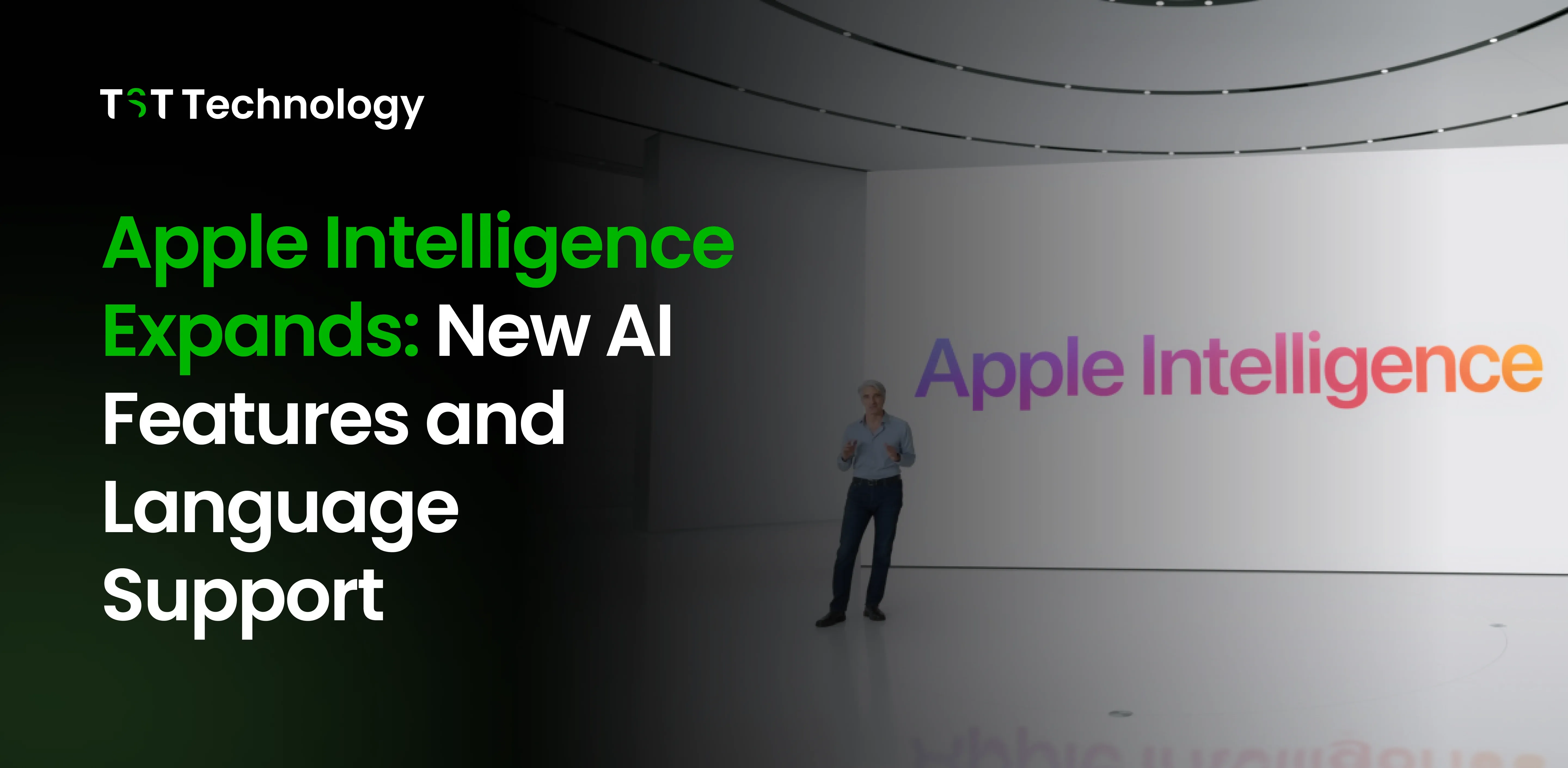
Apple continued expanding its AI capabilities throughout September 2025, with Apple Intelligence features becoming more sophisticated and widely available. The company unveiled significant updates, including Live Translation in Messages, FaceTime, and phone calls, along with enhanced Genmoji creation combining existing emojis with ChatGPT integration.
New features include enhanced Visual Intelligence with screenshot support and integration with other apps, improved Image Playground with additional styles through ChatGPT integration, and Apple Intelligence Actions in Shortcuts. The September 2025 update (iOS 26/iPadOS 26/macOS Tahoe 26) expanded language support to include Chinese (Traditional), Danish, Dutch, Norwegian, Portuguese (Portugal), Swedish, and Turkish.
Apple also introduced innovative hardware features like the Center Stage front camera with automatic framing, utilizing a square 24MP sensor that can output images in both vertical and horizontal formats. The AI-powered Auto Zoom and Auto Rotate settings can automatically detect faces within frames and adjust shots accordingly, representing Apple's continued integration of AI into everyday user experiences.
Federal Judge Rejects Anthropic's $1.5 Billion Copyright Settlement
Federal Judge William Alsup rejected Anthropic's record-breaking $1.5 billion copyright settlement with approximately 500,000 authors, calling the deal "nowhere close to complete" and expressing that he felt "misled" by the parties involved. The settlement would have been the largest copyright recovery in U.S. history, with authors receiving $3,000 per infringed work.
Judge Alsup raised serious concerns about the fairness of the settlement structure, questioning whether the proposed payout adequately valued the claims given statutory maximums that could reach orders of magnitude higher. The lawsuit centers on Anthropic's use of "The Pile," an 800GB dataset containing approximately 196,640 pirated books from sources like Library Genesis and Pirate Library Mirror to train its Claude language models.
The judge scheduled a follow-up hearing for September 25 and established strict deadlines for the parties to provide comprehensive documentation, including finalized lists of covered works and class members.
ByteDance Launches Seedream 4.0: Challenging Google's AI Dominance
ByteDance officially launched Seedream 4.0, positioning it as a direct competitor to Google's widely acclaimed "Nano Banana" AI image generation tool. The company claims Seedream 4.0 outperforms Google DeepMind's Gemini 2.5 Flash Image on internal benchmarks, delivering superior prompt adherence, alignment, and aesthetic quality with over 10 times faster image inference compared to previous versions.
Seedream 4.0 brings a new all-in-one design that blends image generation and editing in a single model. With just text prompts, users can create posters, infographics, and realistic artwork that feature clear text and detailed visuals. The tool is available in China through ByteDance’s Jimeng and Doubao AI apps, while businesses can use it on the Volcano Engine cloud platform. Compared to Seedream 3.0, this version delivers much stronger performance for creative projects while keeping pricing competitive.
OpenAI Announces AI-Powered Jobs Platform to Challenge LinkedIn
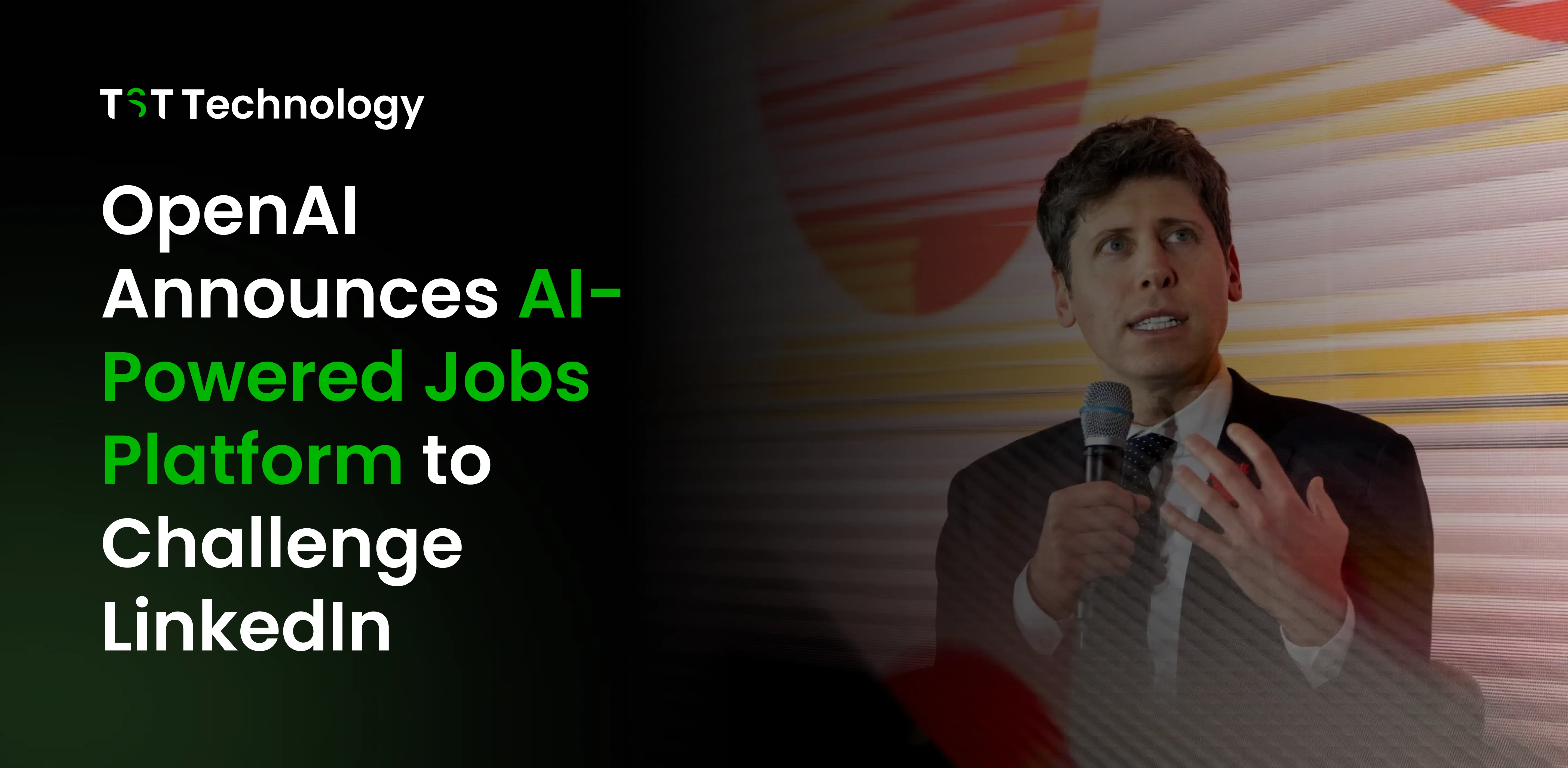
On September 5, 2025, OpenAI announced plans to launch the OpenAI Jobs Platform by mid-2026, an AI-powered hiring platform designed to compete directly with Microsoft's LinkedIn. The platform will leverage artificial intelligence to match qualified job candidates with companies, representing OpenAI's expansion beyond its core ChatGPT offering into the professional networking and recruitment space.
The platform will feature dedicated tracks for large corporations, small businesses, and local governments seeking AI talent, with integrated certifications through the expanded OpenAI Academy program. Major launch partners include Walmart, John Deere, Accenture, and Boston Consulting Group, with Walmart providing free certification access to all its 1.6 million U.S. employees.
OpenAI CEO of Applications Fidji Simo emphasized that the platform won't just serve large enterprises but will help local businesses compete by accessing the AI talent they need to serve their communities. The company has committed to certifying at least 10 million Americans by 2030 through this initiative, with training and certification testing occurring within ChatGPT's Study Mode.
Amazon Launches Lens Live: AI-Powered Real-Time Shopping Tool
Amazon has introduced Lens, a new AI shopping tool that changes the way people find and buy products. With real-time visual search, customers can scan items using their phone camera. The tool then quickly recognizes the product and shows similar options in a swipeable list at the bottom of the screen.
Lens Live integrates Amazon's AI shopping assistant Rufus to provide product summaries, suggested questions, and conversational prompts for quick research without leaving the camera view. Customers can tap specific items in their camera view to focus searches, add products directly to their cart, or save items to wish lists.
Amazon SageMaker powers the feature and runs on AWS-managed Amazon OpenSearch, utilizing computer vision object-detection models running on-device for real-time product identification. Currently available for tens of millions of U.S. customers on the iOS Amazon Shopping app, the feature represents Amazon's latest effort to "reinvent" customer experience with generative AI, positioning the platform as the go-to destination for discovery, price comparison, and purchasing both at home and in physical retail stores.
NVIDIA’s Bold Steps in 2025: From Black Wall Street to Global AI Chips
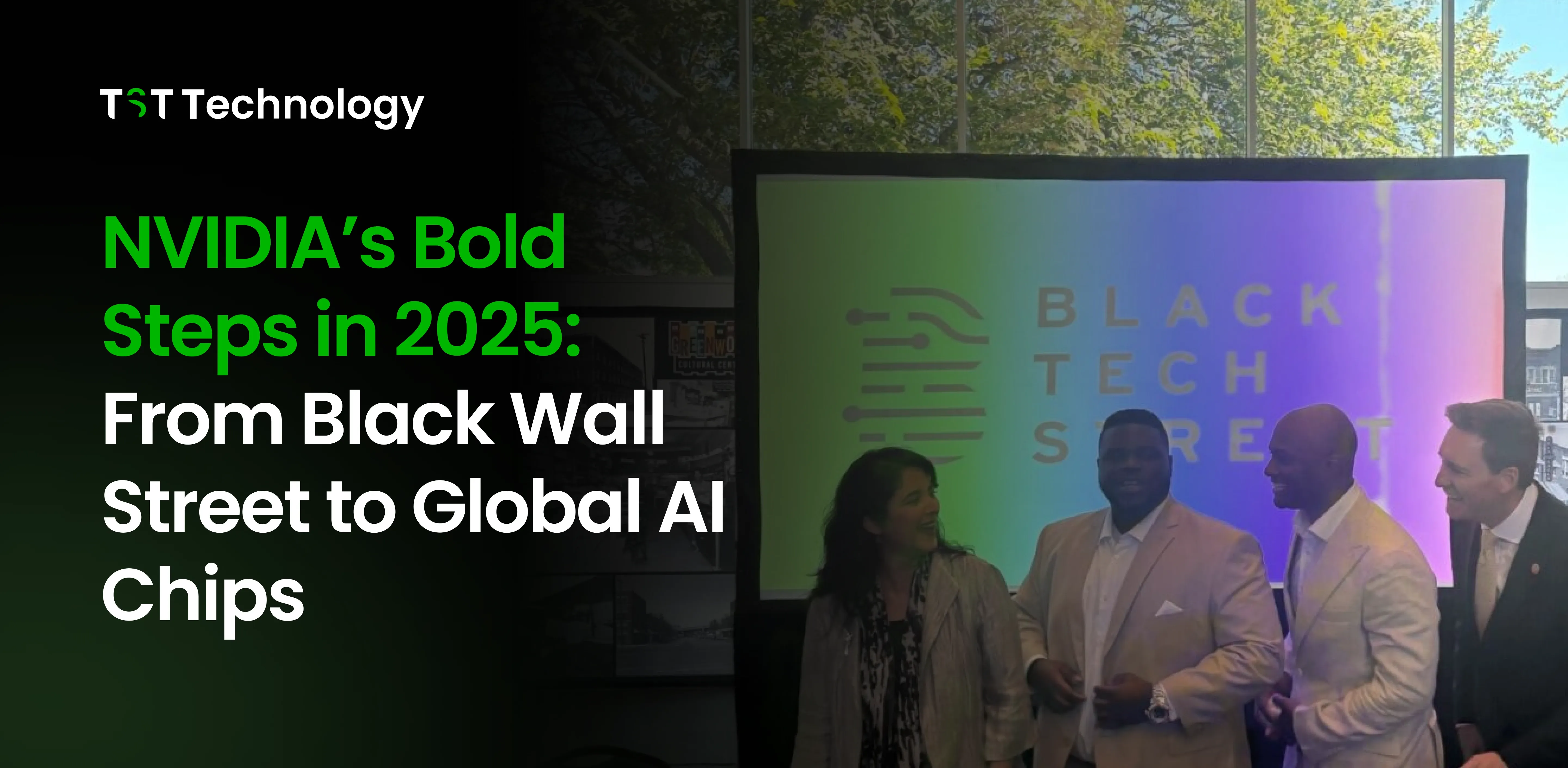
NVIDIA Partners with Black Tech Street for AI Education Initiative
Black Tech Street signed a comprehensive Memorandum of Understanding with NVIDIA to advance Tulsa, Oklahoma's Historic Greenwood District as a national model for AI innovation, education, and economic empowerment. The partnership aims to train up to 10,000 learners through educational institutions and community organizations as part of Tulsa's $51 million Tech Hub designation.
The collaboration supports the creation of a $10.6 million Greenwood AI Center of Excellence, scheduled to open in 2026, which will serve as an entrepreneurial hub in north Tulsa. NVIDIA, currently the world's most valuable company, will provide access to cutting-edge hardware for AI training, help secure federal grants, and connect local startups with its Inception program and global startup ecosystem.
The partnership includes training programs delivered through local institutions, including Langston University, Tulsa Community College, and Oklahoma State University. Tyrance Billingsley II, founder and CEO of Black Tech Street, emphasized the historic significance of having NVIDIA commit to helping the community "harness and lead" the AI revolution, calling it a "game-changing win for Black Wall Street."
NVIDIA AI Chip Innovation: New Rubin Architecture and China Strategy
NVIDIA has revealed plans to release its next-gen Rubin CPX AI chip by the end of 2026. This chip will be built on the new Rubin architecture, which comes after the current Blackwell technology. It is designed to handle the growing demand for AI processing in heavy data tasks like video creation, software development, and even "vibe coding," where some models may need up to 1 million tokens to process just one hour of video.
The Rubin CPX combines video decoding, encoding, and inference into one powerful chip. NVIDIA estimates that companies investing $100 million in these systems could see returns of up to $5 billion in token-related revenue.
At the same time, NVIDIA has also introduced the B30A chip for the Chinese market. Built on Blackwell architecture, this single-die chip delivers about half the power of the dual-die B300 but still outperforms the current H20 model. It comes with high-bandwidth memory and NVLink support, with sample units expected to reach Chinese customers by September 2025.
Google Expands AI Mode in Search to 180+ Countries
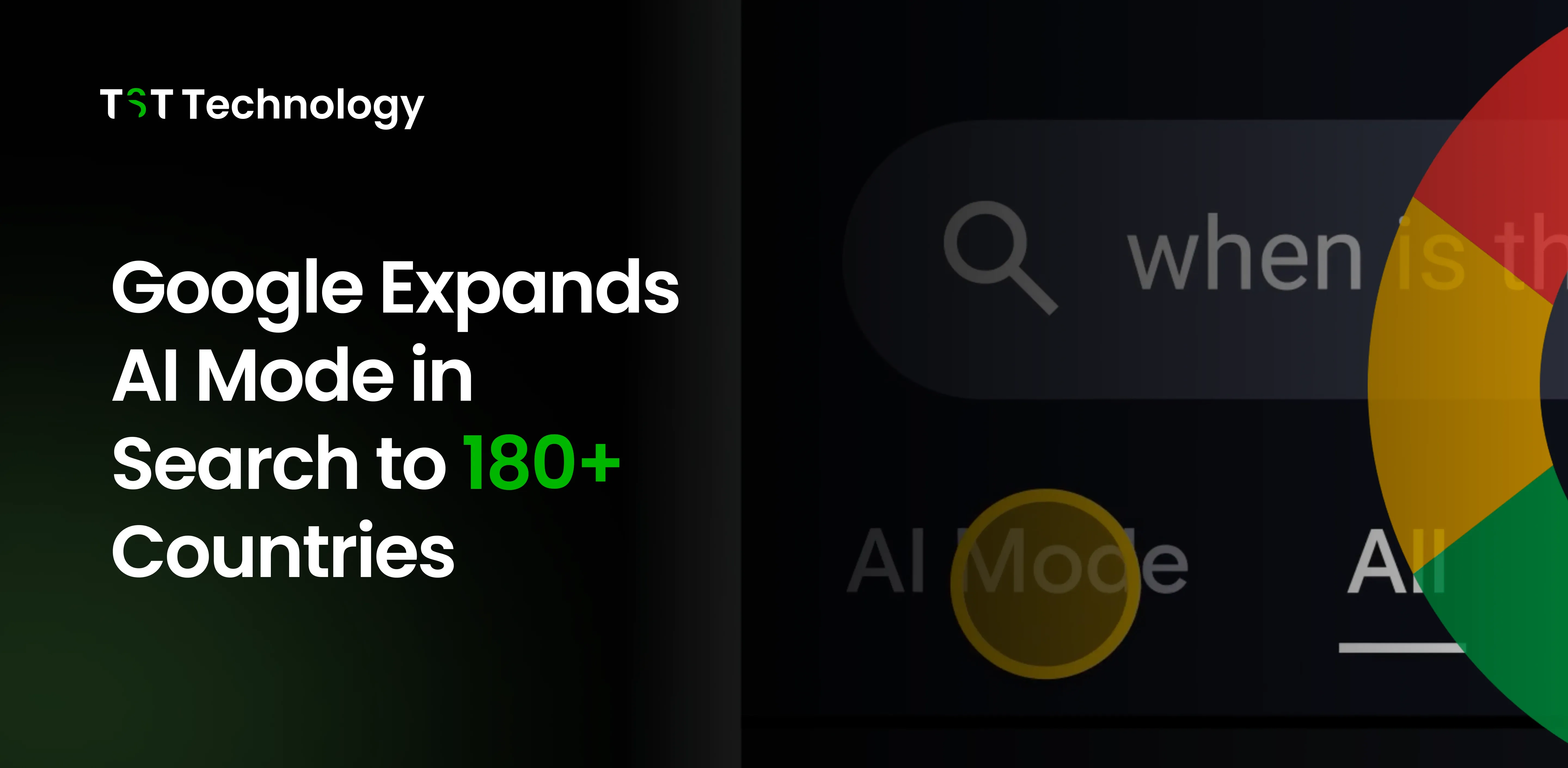
Throughout September 2025, Google significantly expanded its AI-powered search capabilities, rolling out AI Mode to more than 180 new countries and territories in English. The expansion includes enhanced agentic features that enable Google to perform more tasks on behalf of users, including personalized dining recommendations and collaborative sharing capabilities through new "Share" buttons.
Google introduced several groundbreaking features, including Audio AI Overviews, AI-generated audio summaries for select U.S. queries available in Search Labs for desktop users, powered by Gemini AI with source citations. The company also launched Live voice chat capabilities through the Search Live feature in the Google app for both Android and iOS, enabling real-time conversations with the Gemini-powered assistant.
Additionally, Google began testing AI Overviews in the Discover feed, officially launching the feature in July 2025 in the U.S., where users see AI-generated summaries citing multiple news publishers instead of traditional headlines. The September 2025 Google Pixel Drop introduced Material 3 Expressive UI updates and comprehensive AI integrations across the new Pixel 10 phone lineup.
Conclusion
September 2025 proved that AI is no longer just a future idea; it’s now shaping business plans, research, and even government rules. We’ve seen everything from the Samsung AI Forum pushing global teamwork, to the FTC reviewing child safety, to big deals and new discoveries.
The main point is simple: AI growth doesn’t happen on its own. Every step forward, whether it’s OpenAI’s projects or NVIDIA’s chip designs, fits into a bigger network of companies, policymakers, and communities building the future together.
If you also want to stay aware of the latest technology trends, make sure to bookmark our blog page for regular tech updates.






